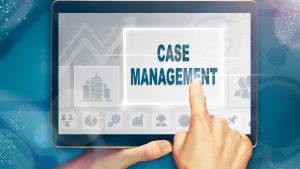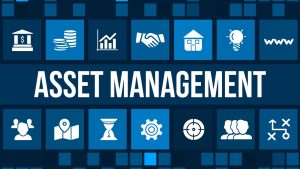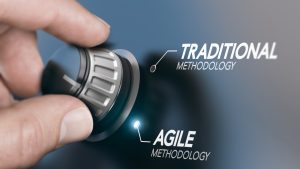When a business grows everything multiplies. Workload, departments, employees, processes, systems… everything multiplies making your organization complex. You keep hiring more employees and investing in tools that help you keep up with the demand thinking that it will improve the productivity. But at the end of the day, you realize you are still in the same mess; no department is running with efficiency.
The missing ingredient that can fix this, as you may already know is improving coordination between departments, so the sales team could know what’s happening in the inventory and the supply chain management team knows what’s happening in the warehouse. Coordination is the simple most important factor that can make different departments of an organization works as a single organism toward the same goal. Achieving this is not easy, especially when you are expanding fast.
But not anymore when you have the right ERP system. Before we dive into the benefits of an ERP system for those who never had an ERP system before, let’s start with what is an ERP system.
What is an ERP system?
Enterprise Resource Planning system or an ERP is a software solution that allows you to integrate all the departments of an organization into a single system enabling you easy coordination and organization between departments. Regardless of the size of your business and the industry you are in, any organization can implement an ERP system.
The system stores all the data from all the departments in one central hub and allow different department access information from other departments in real time. For an example, with an ERP system, your inventory management team can get real-time information on purchase orders and fulfil the orders faster than ever before.
Every ERP system comes with a set of modules, some of them are,
- Financial management
- Customer Relationship Management (CRM)
- Sales & Marketing
- Human Resource Management (HRM)
- Manufacturing
- Supply Chain Management (SCM)
- Inventory
- Purchasing
The best part about an ERP system is that you can implement only the modules you need for your business. Meaning if you are not a manufacturing business, you can drop the manufacturing module and the supply chain management module when buying your ERP. Some ERP vendors offer customization options for pre-developed systems, so all of you are with special requirements don’t have a reason to hold back. Plus, those vendors offer system implementation and training programs as add-on services which will make things even way easier.
Benefits of an ERP system for first-time users
Everything will get simpler
When you implement an ERP system, you can get real-time updates and you will be able to view everything right from your screen; even the things happening in other departments making things way simpler than it used to be.
Manual work will reduce
With an ERP system, you can enter a record once and everyone will be able to use that information. No more re-entering the same record in different systems. This will reduce the chances of making errors.
Efficiently will boost
When you can get real-time updates on what’s happening in other departments, lags in processes reduce and coordination between departments improves impacting on the company efficiency.
Accessing data will become easier than ever
Accessing any data is only a few clicks away when your organization implemented an ERP system. Plus, it offers you features to set access limitations to information, so you can easily make sure only the related people are viewing certain information.
Visibility and transparency will improve
An ERP system allows you to view what’s happening in the accounting department, customer service, in your warehouse…etc. right from your computer. So all it takes to get a clear idea of what’s happening in your business is a few minutes. This will also help you improve the transparency closing doors for theft.
You will get better reports and forecasts
Implementing an ERP will generate you in-depth reports and forecasts automatically on your request. Because an ERP comes not only with a database but also with the ability to analyze and represent data. With an ERP, none of the data you collect will go to waste as it can analyze every small piece of data and guide you with insights towards your success through accurate forecasts.
It will be there with you for a long time
If you select a right ERP for your business, it will have the capacity to grow with you for a long time. ERP solutions come with the ability to scale so it will be there catering to your needs as you grow.
You will save more money
We all know time is money. ERP systems save you time. Meaning more money for you. But that’s not it. It will help you get done more work with lesser labour force and resources enabling you to cut down costs.
Investing in your first ERP system
Investing in an ERP system can do all the difference for your business. But you have to make sure that you are implementing the right ERP solution for your business.
Today there are many ERP vendors out there, so you have many options to choose from. However, this also can overwhelm you in making the right decision. It’s a big investment so the selecting an ERP system is a process that should involve many meetings, discussions and decision takings. A few of the main factors you should consider when purchasing your ERP system are current requirements, future requirements, budget, compatibility, flexibility, and scalability.
You can always get the help of an ERP system consultant to identify the best options you have out there that fit your requirements. To start with, we recommend you to read our article on how to select an ERP system to get the best out of your investment.
Conclusion
An Enterprise Resource Planning software can help your business in many ways enabling you to resolve many of the lags in operations, errors in information and issues with wastes. It can help you get the maximum from your resources while optimizing your operations to reach the optimum productivity.






